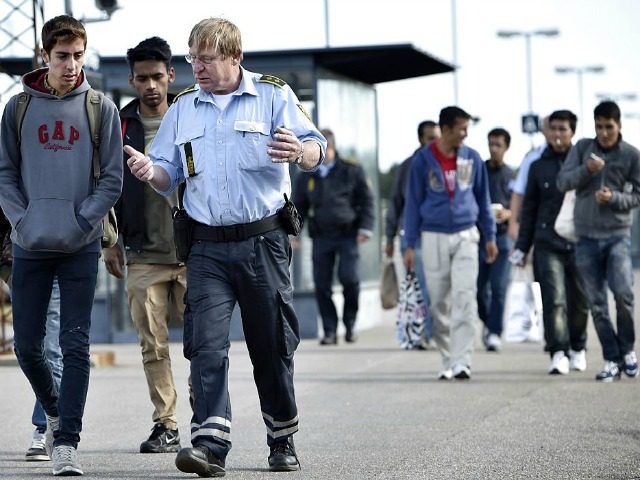Two women who worked at a home for so-called unaccompanied minors in Denmark have been charged with engaging in sexual relations with young migrants living at the accommodation.
Accused of having sex with 17-year-old migrants the women, aged 52 and 36, face up to four years in prison each for breaking a law which forbids employees working in various public institutions from having sexual relations with clients.
According to the prosecution, the older of the two women had sexual intercourse in her car with one of the migrants living at the now-disused Tullebølle Children’s Centre, on several occasions in January and February 2016.
The younger woman, who the prosecution wants barred from working with people under 18 years of age, is accused of having engaged in a month and a half long sexual relationship with a so-called unaccompanied minor from mid-May to the beginning of July last year.
In this period, the migrant centre worker and the “child refugee” were said to have had sexual intercourse a number of times, in a variety of locations including inside the 36-year-old’s home and in her car, according to the indictment.
The trials were supposed to begin last week and the week before but have been postponed for practical reasons until August and October this year.
Tullebølle Children’s Centre was shut down in October 2016, following a string of serious incidents including brawls and sexual assault.
In August, five people were transferred away from the accommodation after police charged two of the youths with the rape of a Danish girl at Langelandsfestival and three of sexual harassment at the large, annual family festival.
Shortly before the centre’s closure, a member of staff was beaten with a pipe after attempting to intervene in a brawl between 30 to 40 youths, none of whom would tell police about what the altercation concerned.
Former employees of the Langeland home for migrant youths said management warned staff to ignore their charges’ criminal behaviour, stressing that a police report “could have serious consequences on refugee children’s future.

COMMENTS
Please let us know if you're having issues with commenting.